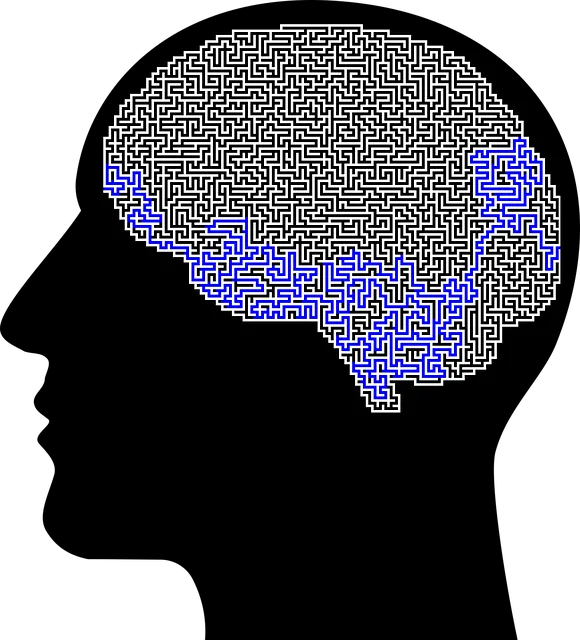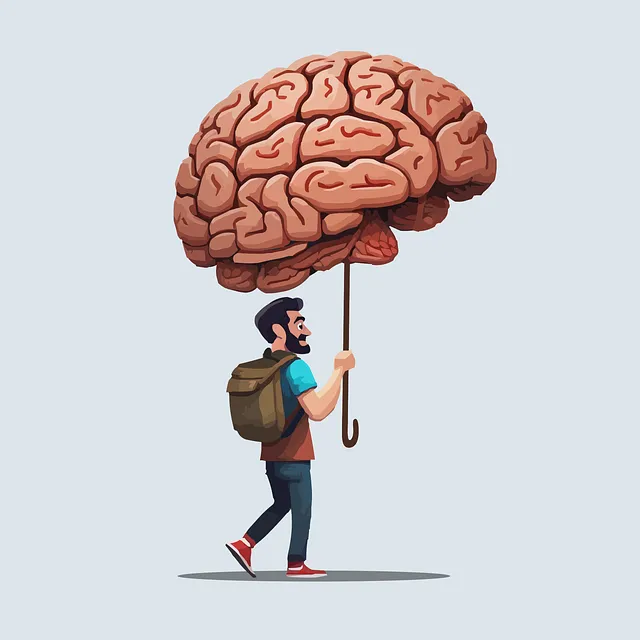Kaiser Permanente's structured Social Skills Training in Westminster equips individuals with mental health conditions to enhance interpersonal interactions and communication. Through interactive workshops, these programs teach active listening, non-verbal cue interpretation, stress management, resilience building, and self-care routines, improving participants' mental well-being. By fostering open discussions, peer learning, and community support for mental health challenges, the programs ultimately elevate overall well-being and quality of life.
Social skills training is a powerful tool for managing mental health conditions, fostering better interactions, and enhancing overall well-being. This article explores the benefits of such training, highlighting specific programs offered by Kaiser Permanente in Westminster. We delve into practical strategies and techniques to develop essential social skills, providing insights that can revolutionize support for individuals navigating mental health challenges while connecting with their community. Discover how these programs cater to diverse needs, offering hope and improved quality of life through social engagement.
- Understanding Social Skills Training: Benefits for Mental Health Conditions
- Kaiser Permanente Training Programs in Westminster: An Overview
- Practical Strategies and Techniques for Effective Social Skills Development
Understanding Social Skills Training: Benefits for Mental Health Conditions
Social Skills Training is a structured approach designed to enhance interpersonal interactions and communication abilities, often tailored to individuals with mental health conditions. These programs aim to equip participants with practical strategies to navigate social situations more confidently, fostering better connections with peers and reducing feelings of isolation.
By participating in Kaiser Permanente training programs in Westminster, individuals can benefit from comprehensive learning experiences that focus on various aspects of social engagement. This includes developing effective communication techniques, improving active listening skills, and understanding non-verbal cues. Moreover, these programs often incorporate elements of stress management workshops, resilience building, and self-care routine development for better mental health. Such initiatives not only empower individuals to manage their conditions more effectively but also contribute to a healthier, more supportive community environment.
Kaiser Permanente Training Programs in Westminster: An Overview

Kaiser Permanente training programs in Westminster offer valuable resources for individuals seeking to enhance their social skills and mental well-being. These comprehensive programs are designed to empower people with the tools needed to navigate social interactions more effectively, thereby improving overall mental health awareness. The initiatives focus on developing emotional intelligence and coping skills, enabling participants to build confidence and strengthen relationships.
Through interactive workshops and group sessions, Kaiser Permanente’s training helps individuals understand the impact of their communication styles and teaches them strategies for managing emotions in social settings. By fostering a supportive environment, these programs encourage open discussions about mental health challenges, promoting peer learning and solidarity. The result is a community where members are better equipped to support one another, enhancing overall well-being and quality of life.
Practical Strategies and Techniques for Effective Social Skills Development

Developing social skills is a multifaceted process, especially for individuals managing mental health conditions. Practical strategies such as role-playing scenarios, group discussions, and cognitive-behavioral techniques have proven effective in enhancing communication and interaction abilities. These methods, often incorporated into Kaiser Permanente training programs Westminster, enable participants to practice new behaviors, receive immediate feedback, and build confidence in social settings.
The implementation of structured activities, like those found in Mental Health Policy Analysis and Advocacy, can offer a safe space for learning. Through these programs, individuals gain tools to navigate social situations with greater ease, thereby alleviating symptoms of anxiety and promoting better mental health outcomes. By combining practical exercises with evidence-based teachings, Social Skills Training becomes a powerful resource for personal growth and improved overall well-being.
Social skills training, as demonstrated through Kaiser Permanente’s innovative programs in Westminster, offers a promising approach to enhancing mental health support. By integrating practical strategies and techniques, individuals with various conditions can develop essential interaction skills, leading to improved social connections and overall well-being. The benefits are clear: better communication, increased confidence in social settings, and enhanced coping mechanisms. These programs, and others like them, play a crucial role in empowering individuals to navigate social environments successfully, ultimately fostering a more supportive and inclusive society.






